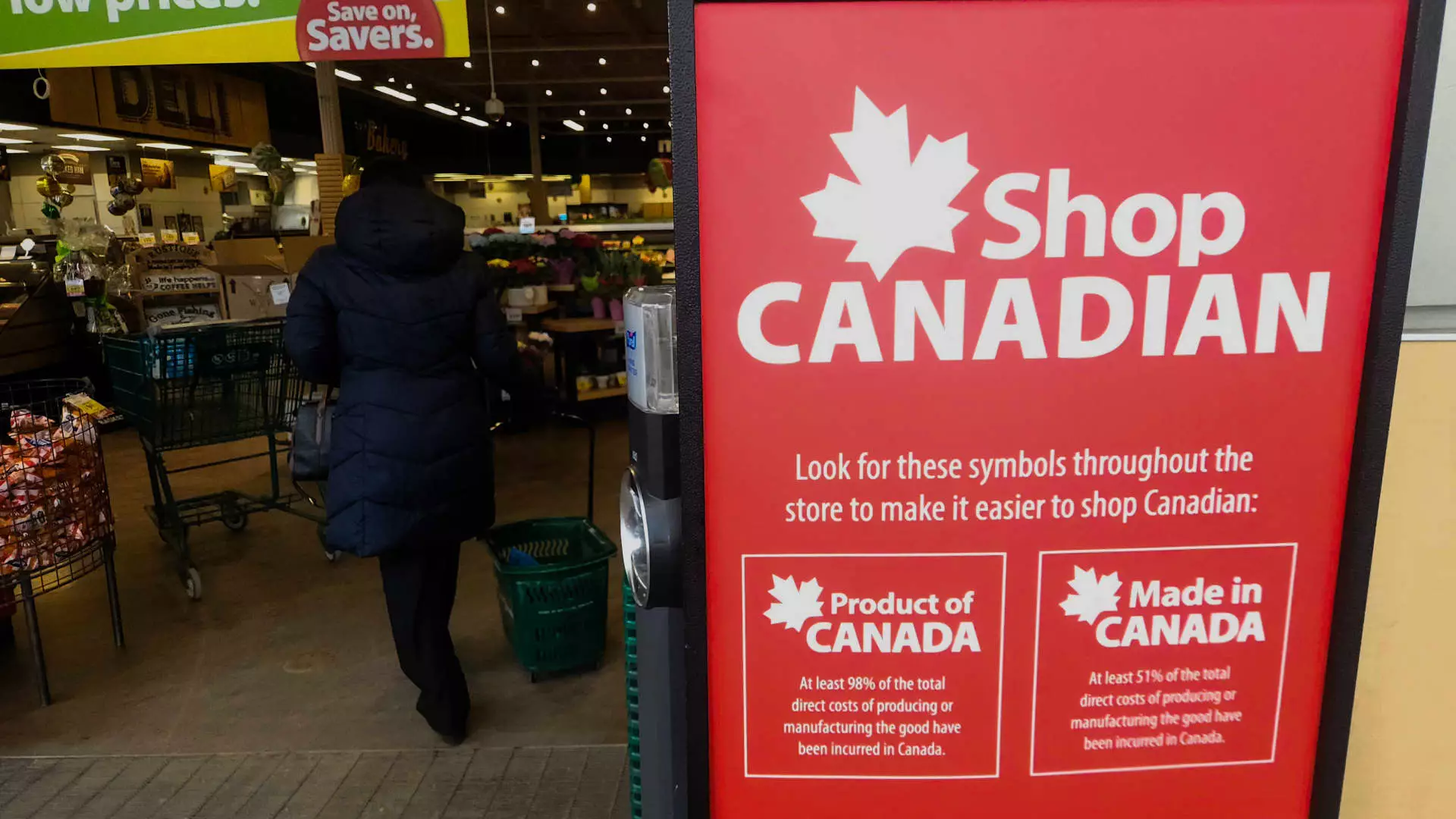As the U.S. government imposes sweeping tariffs on imports, the ideal of protecting domestic industries often masks a more troubling reality—an increase in tension and distrust between two historically close trade partners. President Donald Trump has long touted the idea that tariffs would lead to a more balanced international trade system and a revival of American manufacturing. Yet, rather than lifting the U.S. economy, these measures risk suffocating it under the weight of misplaced nationalism.
Tariffs are perhaps the ultimate double-edged sword: while they are ostensibly designed to protect American workers, they inadvertently drive a wedge between the U.S. and Canada, a nation that accounted for over $762 billion in trade in 2024. The imposition of a 25% tariff on automobiles produced outside the U.S. is a glaring example of how well-intentioned policies can backfire. As Canada is home to major auto production hubs, these tariffs not only dampen the auto industry’s growth but also alienate the Canadian consumer, who finds themselves caught in the crossfire of political posturing.
Consumer Response: A Backlash Against American Brands
The emotional fallout from these tariffs is palpable. Canadian entrepreneurs find themselves navigating uncharted waters as they are forced to reconsider their supplier relationships while laboring under the burden of tariff-induced inflation. Corinne Pohlmann of the Canadian Federation of Independent Business (CFIB) highlighted the distress caused by these fraught trade dynamics, stating, “For a lot of Canadians, it felt like a betrayal.” This sentiment can’t be ignore—it speaks to a broader sense of betrayal that small businesses are experiencing, leading many to reconsider their associations with American brands.
Vocal resistance from consumers is emerging, too. Canadian enterprises, such as Balzac’s Coffee Roasters and Your Independent Grocers, have taken proactive measures against the U.S. administration’s tariffs. By rebranding their offerings—like turning an Americano into a “Canadiano”—these businesses are weaving patriotism into their operations. The symbolism is hard to miss; it’s a rallying cry for economic sovereignty in the face of external pressures. Moreover, the push for “Canada Proud” labeling systems demonstrates a desire among consumers to choose local products whenever possible, amplifying feelings of disenfranchisement against U.S. imports.
Trade Relationships: A Fragile Nexus
Trade relationships are often painted in broad strokes, but the emotional and relational complications that arise can be devilishly intricate. The emotional distress extends beyond individual businesses; it touches on communal sentiment and national identity. In Ontario, the Liquor Control Board has made headlines by halting all U.S. product purchases in a show of solidarity against American tariffs. A sign that reads, “For the good of Ontario, for the good of Canada,” not only conveys economic decisions but also signifies a shift toward a more protectionist mindset in a nation that historically values open trade.
As trade dynamics shift, previous alliances are strained. Businesses that once considered American suppliers as stable partners must now grapple with the ramifications of mistrust and market manipulation. The CFIB reports that over half of its members now regard the United States as an unreliable trading partner—a staggering statistic that points to long-term consequences for bilateral relations. As trust erodes, rebuilding those ties may become a Sisyphean task.
The Erosion of Soft Power
While tariffs may provide a temporary veneer of strength, they risk undermining America’s standing on the global stage, particularly its “soft power.” Former Secretary of State Antony Blinken articulated this concern eloquently, warning that ceding ground in the soft power arena—once a pillar of American influence—could have grave implications for national interests. Tariffs may wield immediate economic impact, yet the long-term effects on diplomatic relationships and international reputation could prove catastrophic.
As Canadian businesses steel themselves against the oncoming waves of tariffs, it’s evident that the relationship between the two nations has transformed irrevocably. Irrespective of future policy adjustments, the scars of this trade war may linger long after punitive measures are lifted, as relationships fray and trust diminishes. Amid these turbulent waters, the need for dialogue and reconnection is greater than ever if we wish to salvage not just trade, but the deeply-rooted bonds that have historically tied Canada and the United States together.

